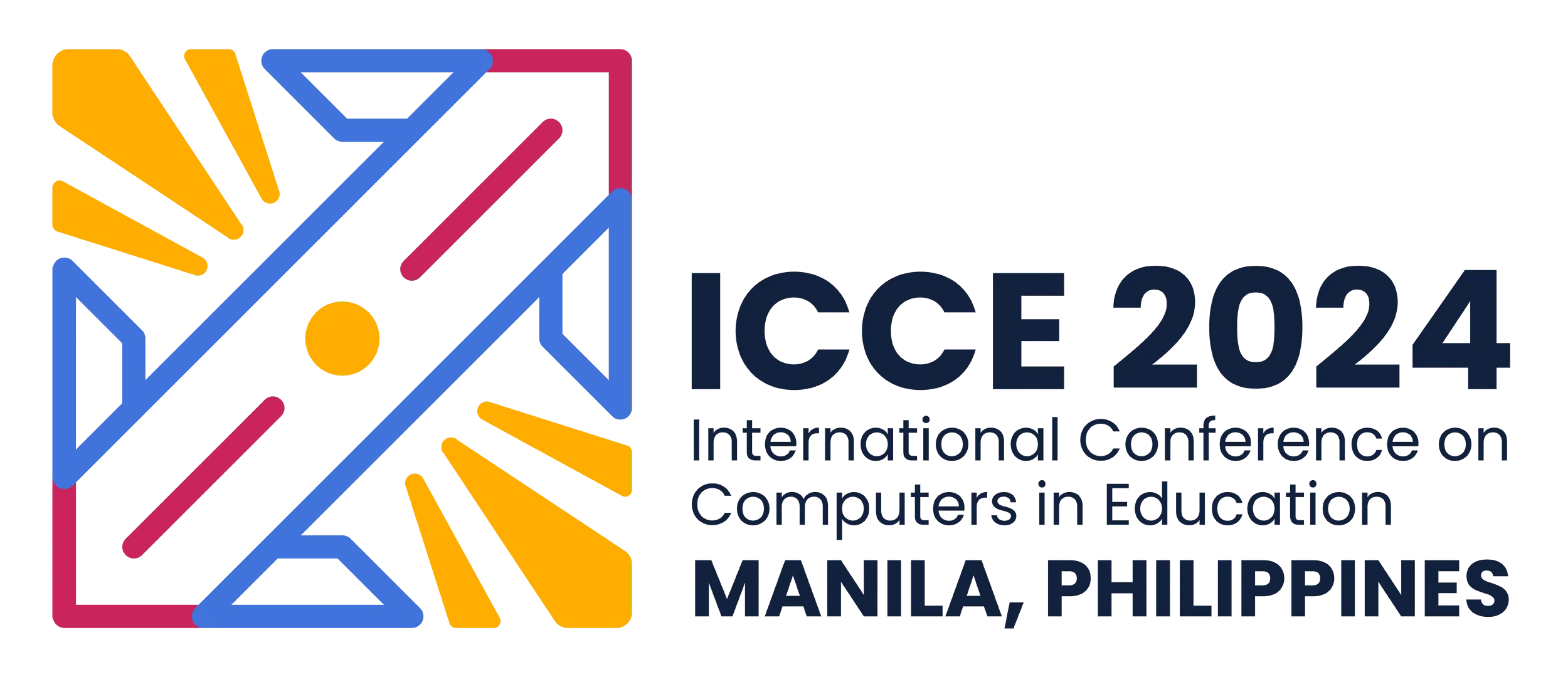BioMol DigiGames: An App for the Mastery of Biomolecules
DOI:
https://doi.org/10.58459/icce.2024.5002Abstract
Despite advances in ICT and chemistry education, students find chemistry to be particularly difficult to grasp due to its abstract nature. To address this, a digital game-based learning approach, herein referred to as BioMol DigiGames, was employed to determine students' confidence towards chemistry, wherein the main aim of the study was to design, develop, and evaluate a game application that can be used as review material for the mastery of biomolecules. The game app consisted of three games namely: (1) PuzzBuild, (2) Shooting Strucher, and (3) Food Pyramidash, with varying levels of complexity. For this, the study utilized a design and development research approach for the game app and a quasi-experimental, non-randomized pretest-posttest design was used on 100 Grade 12 STEM students enrolled in a public school. Students' game ratings for entertainment and educational aspects posited positive results. Statistical analyses showed significant effects on student's academic performance (p = retention (p = <0.001 attitude toward chemistry (p = and motivation toward chemistry (p = <0.001 ***). Significant correlations were found between post-academic performance and short-term retention (p = 0.021 *); academic performance and chemistry motivation (p = 0.027*); attitude and chemistry motivation (p = 0.001 ***). However, a low correlation was observed between academic performance and attitude toward chemistry (p = 0.418) which suggests to include small -scale laboratory game-like activities. Results corroborated the qualitative data obtained from focus group discussions, with students exhibiting higher self-efficacy, improvement in academic performance, being well-motivated, retention of short-term knowledge, and appreciation of the use of the game app remotely without the use of the internet. The game app is a playful alternative instructional tool that will foster engaging and collaborative learning and can be an effective substitute for conventional educational strategies in reviewing content that is related to biomolecules. Overall, the results suggest that DGBL performs better than NGBL in terms of review material and mastery of biomolecules.


